Delhi breathed ‘good’ air in the month of March, this year, after 5 years.
Water in River Ganga was deemed fit for drinking for the first time in 30-40 years.
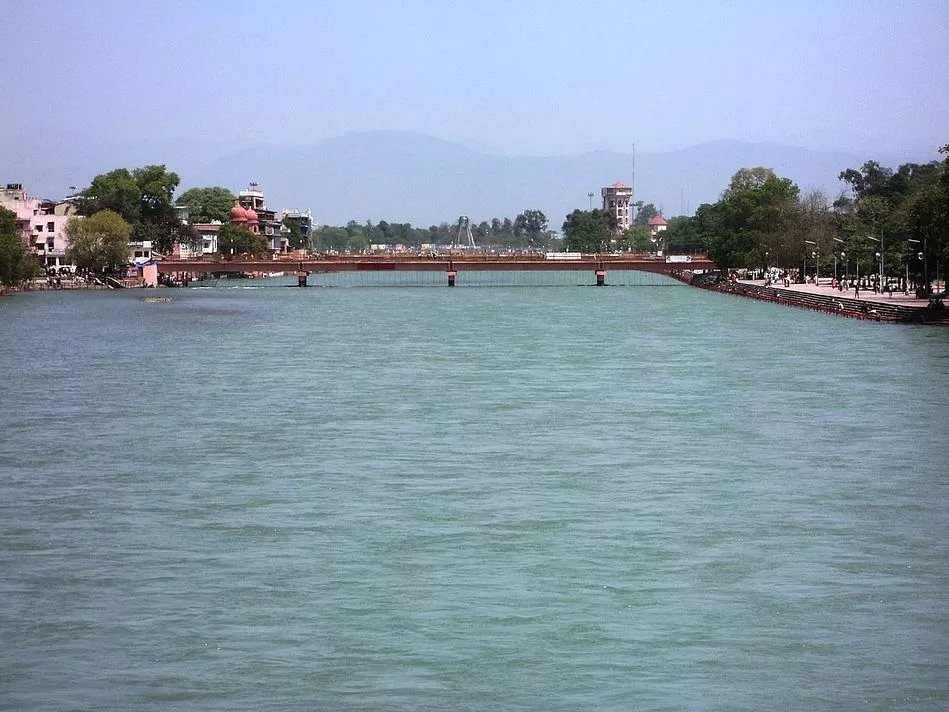
Gangetic dolphins returned to the ghats of Kolkata after 30 years.
Undisturbed nesting of Olive Ridley turtles took place on the beaches of Odisha.
And the list goes on…
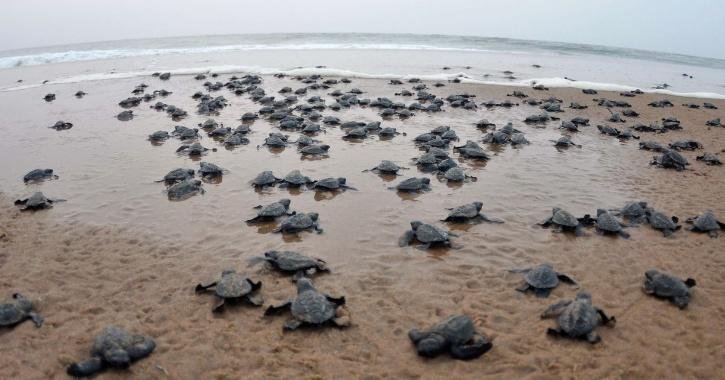
Yeah, for the first time in decades, we have a long list of good things happening to our environment.
It won’t be wrong to attribute these positive changes to an extended lockdown in the wake of the coronavirus pandemic. But one thing they made us realise is that if we humans mend our ways, it is possible to save Mother Nature from dying.
If countries can use lockdown as one of the measures to save humans from death because of pandemic, can we also use it to save the Earth? To give Earth time to heal her wounds, wounds caused by pests called humans.
— DexTpacito (@DexterAcebes) April 30, 2020
Before the lockdown, the Yamuna River in Delhi and surrounding areas was in an appalling state.
Topped with toxic foam and effluents from hundreds of industries, the river, also known as Delhi’s lifeline, looked like a sewage dumping site.
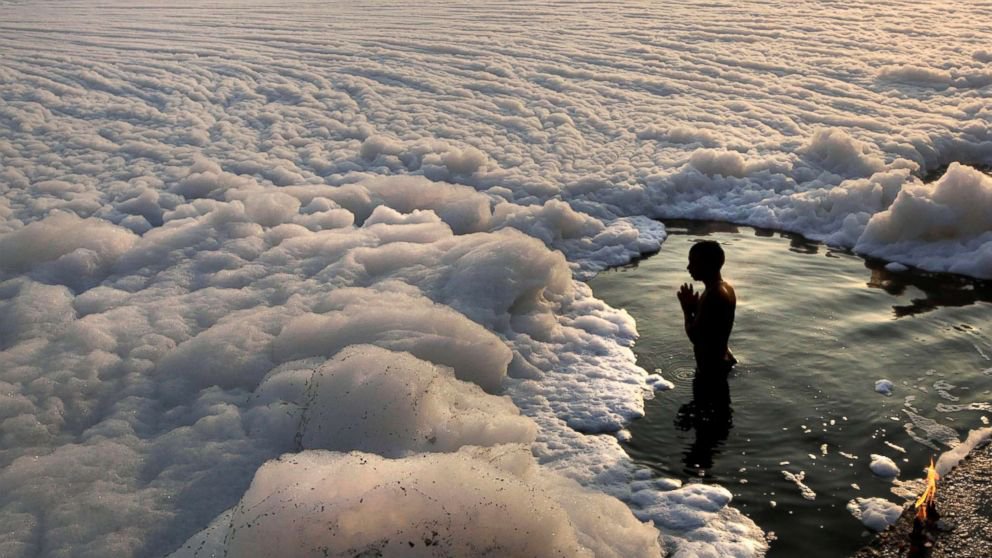
Just a month into lockdown, we saw a drastic improvement in its water quality.
While the lockdown won’t stay forever, it has shown us that it is possible to have a clean river flowing in the middle of the city.
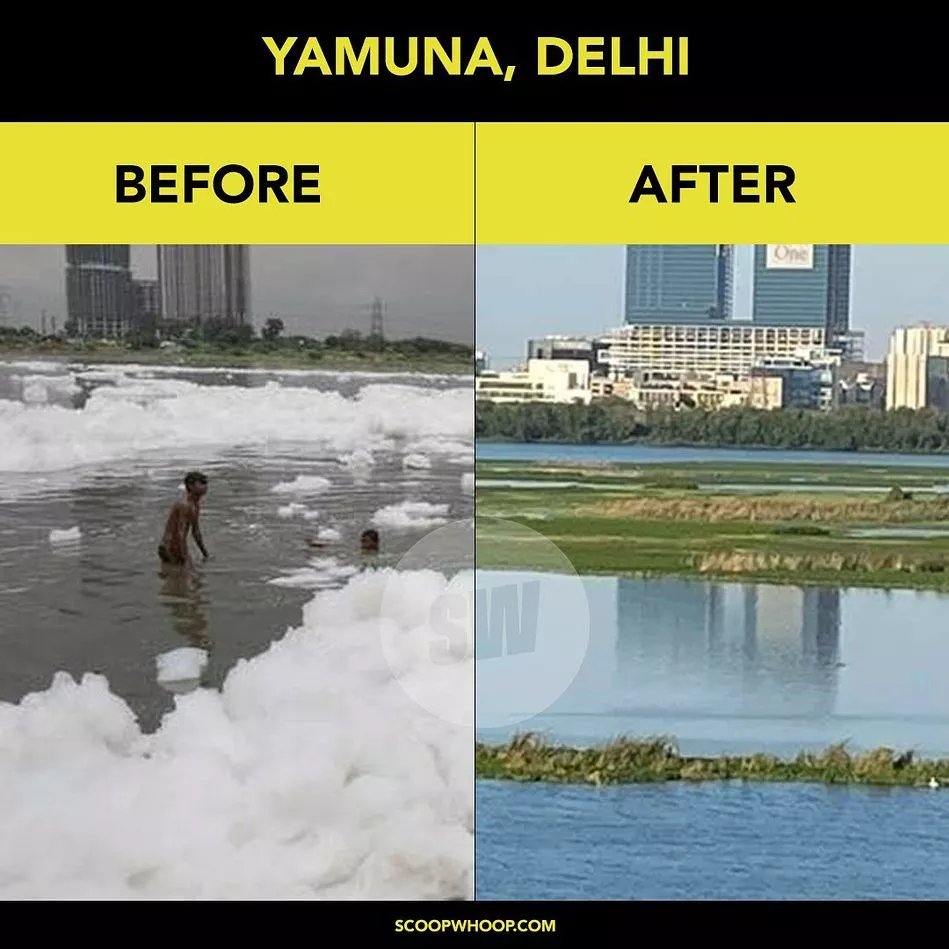
Moreover, the northern part of India, notorious for its air pollution, saw the cleanest air in over 20 years.
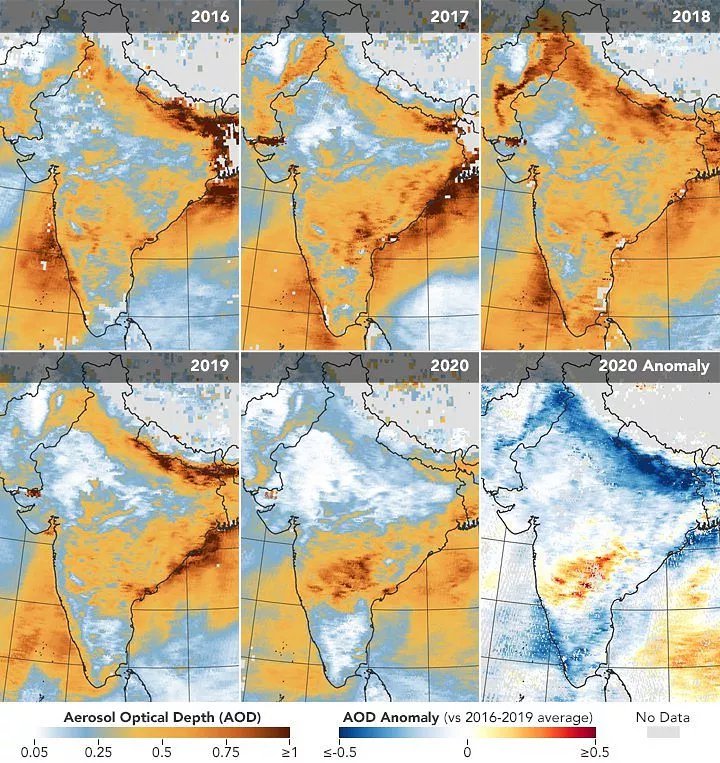
A major part of this improvement was attributed to little or no vehicular and industrial emissions. This indicates how much harm we humans have caused to the air around us.
Now, when the Earth has finally started breathing again, let’s not choke it to death. I would rather say, ‘breathe and let breathe’.
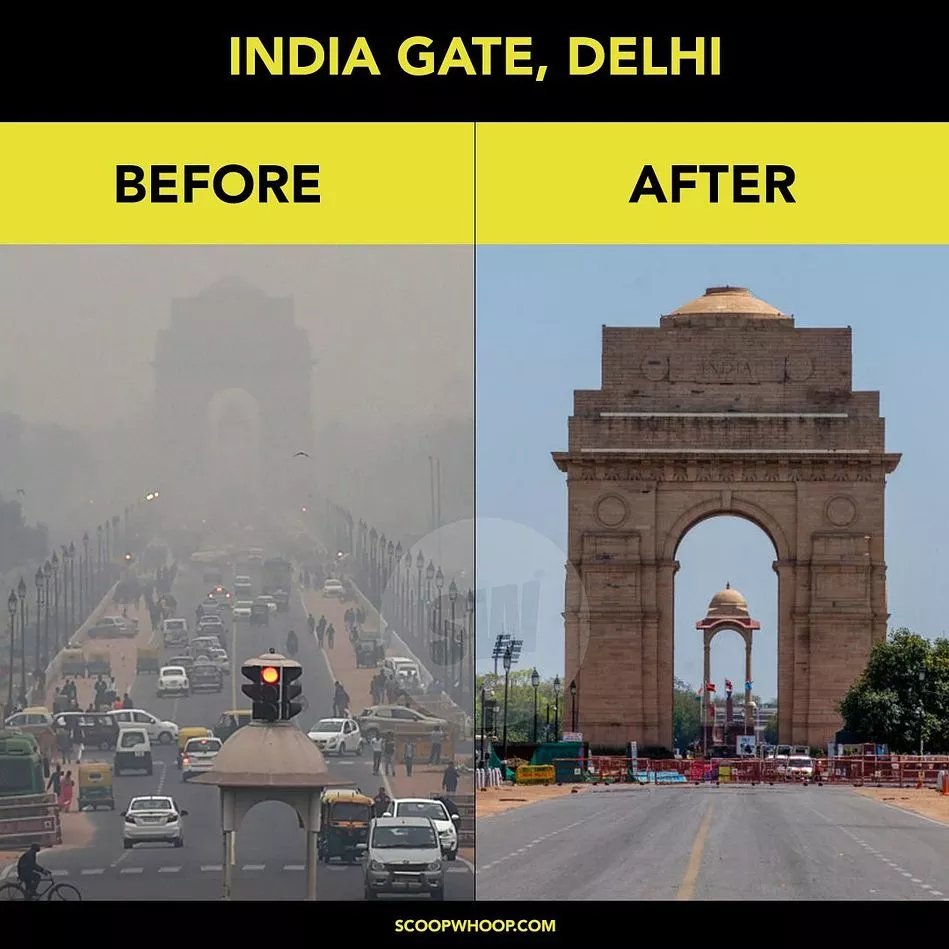
Our cities which were always bustling with people and vehicles took a break, this time. Wild animals from the vicinity decided to explore these cities which were once their habitat.

While humans were inside their homes during lockdown, several reports of animals wandering in the streets did rounds on the Internet. Many of us witnessed these sights for the first time.
Khareghat Colony , Babulnath … 🍀🍀🍀💕💕💕 pic.twitter.com/GKkOXAXvOO
— Juhi Chawla (@iam_juhi) April 1, 2020
As we resume our normal lives, we won’t be seeing these animals roaming in our cities anymore. But we can save their existing habitats for sure by not cutting down the urban forests.
By being mindful of our surroundings.
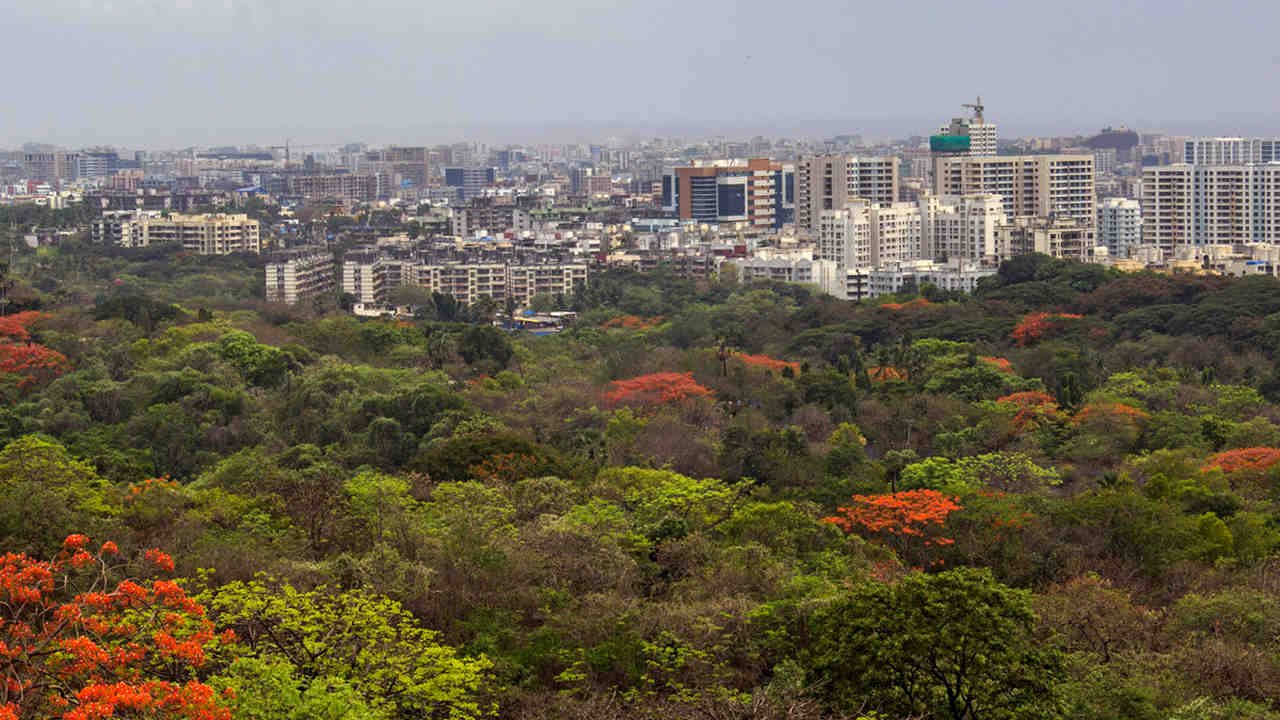
Once the lockdown is lifted entirely, and we are back to normalcy, it would be difficult to not pollute the environment. The least we can do is, change our lifestyle, to align it with nature.
Or maybe, shift to more sustainable means of living.
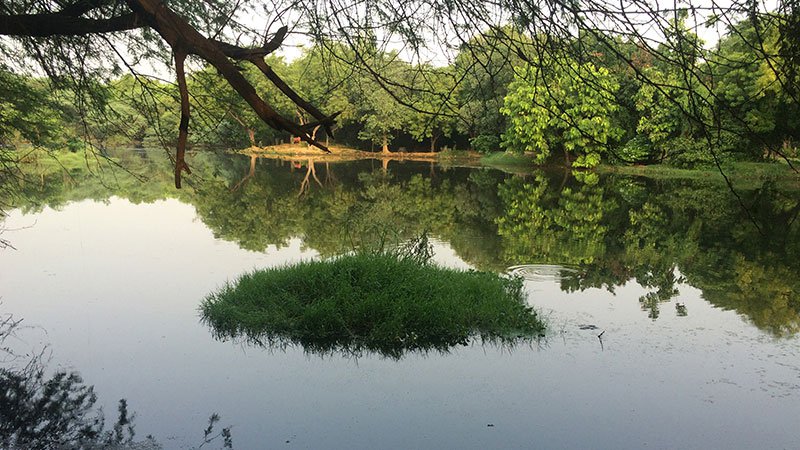
The post-COVID world will surely be a very different one. Reflecting on the changes we have seen during this time, taking better care of the environment, is the one important pledge we should take now.
If not much, we can at least try reducing the destruction we have caused to the environment over the span of decades.

















